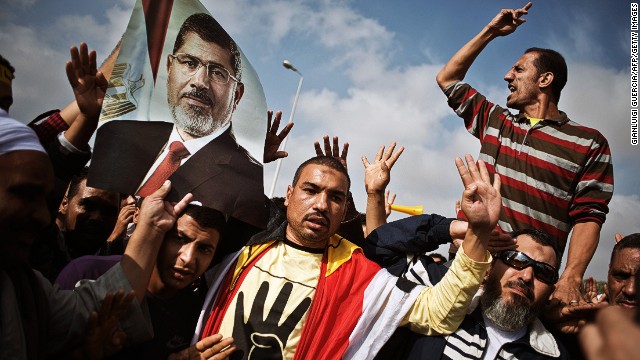DAMASCUS, Syria-The United States and Russia have failed to agree on a date to bring Syria’s disputing sides back to the table to negotiate. The two powers have currently remained divided over what role Iran should play in an aspired for Geneva peace conference.
Lakhdar Brahimi, the U.N.-Arab League’s top envoy to Syria, reported that even though Russia and the U.S. did not reach an agreement at the end of their discussions, all hope is not lost in resuming negotiations. Another round of talks is set for November 25th.
Brahimi further went on to say that one of the biggest hurdles to overcome is the various divisions among the Syrian opposition. “It is no secret to anyone that the opposition has a lot of problems and is working seriously to overcome these problems to reach a position and appoint a convincing delegation to represent them in Geneva, and that is what has delayed us a bit,” he said.
Diplomats have experienced numerous challenges throughout the negotiation process with world powers strongly disagreeing over what steps should be taken to end the fighting and how the Syrian government should be shaped moving past President Bashar Assad’s regime.
Sergei Lavrov, Russia’s Foreign Minister, has once again insisted that Iran, a supporter of Assad, should join them in the discussion of the Syrian conflict. Russia has been an avid supporter of Assad as well but Iran’s presence at a Geneva conference would cause controversy among Syrian rebels and their Gulf Arab supporters.
Syria’s Information Minister, Omran al-Zoubi, claimed that the Assad government is not ready to hand over their power causing many to insist that Assad should not be present at any negotiations.
The United Nations announced that outside aid in the form of food, shelter, medicine, and other basic necessities is in need to at least 40 percent of Syrians, as storages are running low. “It’s a disaster, and it continues,” said Jens Laerke, a spokesman for the U.N. Office for the Coordination of Humanitarian Affairs.
More than 9 million people, including 6.5 million who are internally displaced, are in need of humanitarian assistance. The war has claimed more than 100,000 lives in the past three months.
The plan to incorporate a government body to replace the Assad regime began in June 2012 with talks of establishing a government with full executive powers agreed to by both sides with implementation of elections. However, once again, no general agreement has been achieved on how this should be done.
For more information, please see the following:
Aljazeera-No date agreed for Syria peace conference-06 November 2013
USA Today-Syria peace talks postponed in blow to Obama-06 November 2013
Associated Press-UN envoy: No deal on Syrian peace talks date-05 November 2013
Reuters-Arab League backs Syria peace talks, urges opposition to go-04 November 2013



